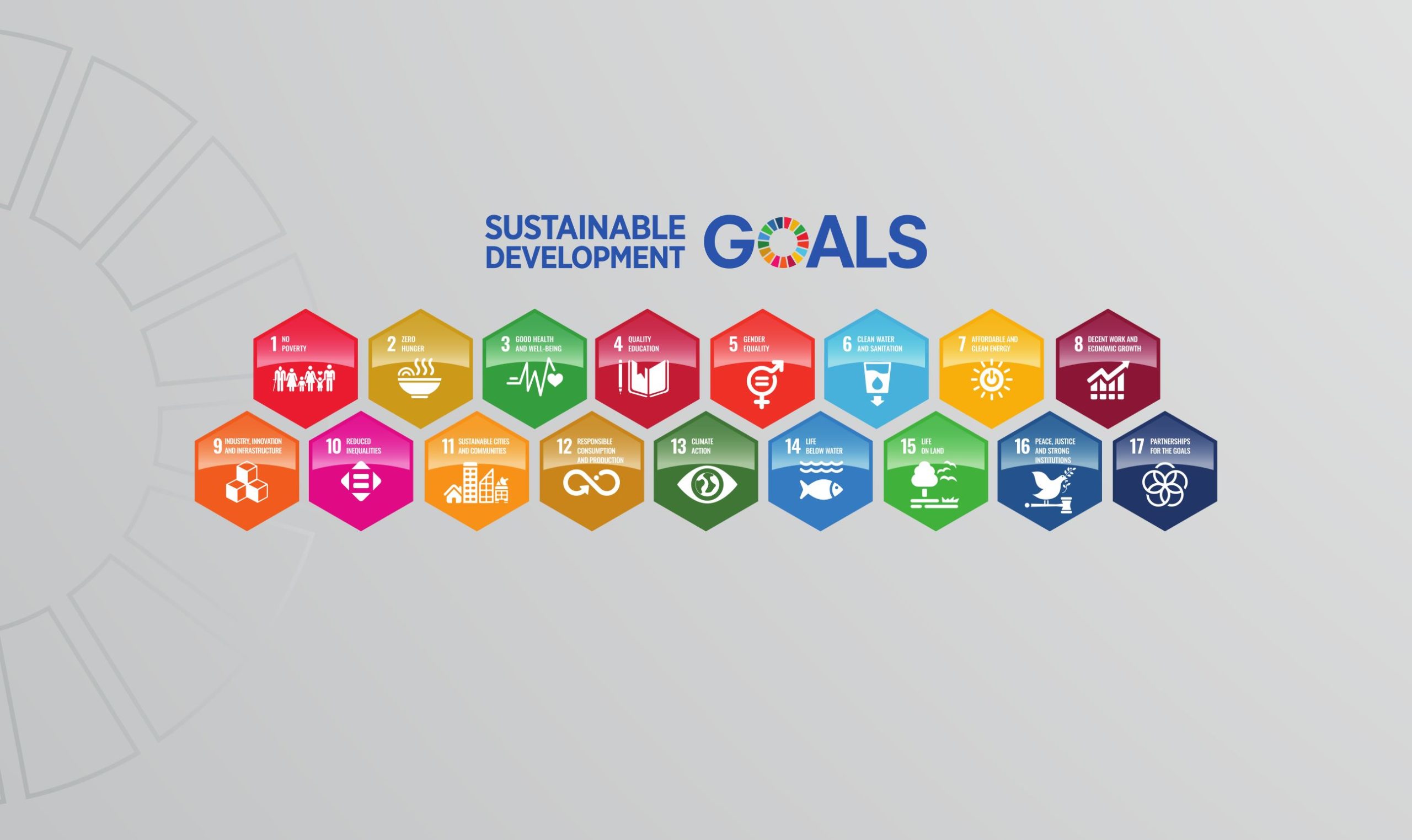£3.4 Million Cash Boost to Fund UK Space Projects in Support of Global Sustainable Development

The UK Space Agency has stated that £3.4 million of new funding will be put toward the support of 10 cutting-edge projects that back the UK’s aim to utilise space in tackling development problems across the globe. These projects will set out to tackle humanitarian crises such as the spread of malaria, human trafficking, and forced labour.
In 2018, it was estimated that there were 228 million cases and 405,000 malaria related deaths alone. As part of the DETECT project, academics at The Open University will use a range of satellite and ground-based remote sensing technology to locate likely breeding grounds for mosquitoes. Once identified, drones will be used to distribute biocontrol substances targeted to kill mosquito larvae without disturbing surrounding plants and species.
For forced labour and sexual exploitation purposes, Uganda is a huge source and destination country for trafficking men, women, and children. UK academics at the University of Nottingham will apply Earth observation satellite technology to anti-human trafficking and forced labour efforts in Uganda as part of the government funding package.
Among additional projects backed by the cash injection include space-based solutions that aim to protect wildlife habitats in Kenya, and improving Bangladesh’s resilience to flooding, who are currently suffering the most sustained monsoon rains in decades. These projects will assess global challenges and generate solutions that will create new opportunities for UK space experts to help with problems overseas.
Science Minister Amanda Solloway said:
“From flooding and climate change, around the world people continue to be affected by crises that are having a profound impact on their countries’ economies and their lives. These new projects have the potential to provide solutions to the world’s biggest development problems by using the latest and most high-tech space technologies to help improve millions of people’s lives indeveloping countries”.
The £3.4 million funding scheme is part of the UK Space Agency’s International Partnership Programme (IPP), which aims to utilise UK space expertise in data services and satellite technology to develop disruptive solution to real-world problems across the globe. The collaborative efforts aim to support developing countries while strengthening valuable partnerships that can generate growth opportunities within the UK space sector.
Since launching the International Partnership Programme in 2016, satellite training has been provided to over 300 health workers across three states in Nigeria, saving an estimate of 30 people’s lives. Additionally, an application programmed around marine pollution has prevented two oil spills from reaching the coastline, saving clean-up costs of up to £3 million and significantly reducing the detrimental impact on the environment.
References:
1. GOV.UK (2020), New UK space projects to boost global sustainable development receive £3.4 million cash boost
2. UK Space (2020), New UK space projects to boost global sustainable development receive £3.4 million cash boost
3. The Chartered Institute of Logistics and Transport (2020), New UK space projects to boost global sustainable development receive £3.4 million cash boost
4. Catapult Satellite Applications (2020), New UK space projects to boost global sustainable development receive £3.4 million cash boost
5. Development Aid (2020), New UK space projects to boost global sustainable development receive £3.4 million cash boost



